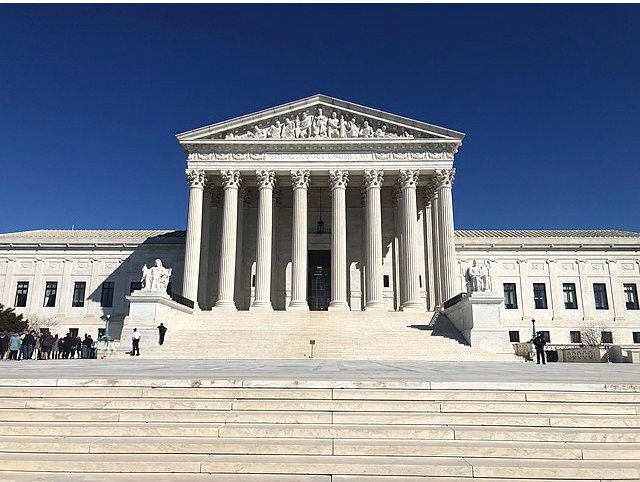SCOTUS Rules to Weaken Clean Water Act
On Thursday, SCOTUS voted 5-4 to weaken the scope of the 1972 Clean Water Act (CWA) and limit the Environmental Protection Agency's (EPA) authority over which bodies of water people can build on.

Facts
- On Thursday, SCOTUS voted 5-4 to weaken the scope of the 1972 Clean Water Act (CWA) and limit the Environmental Protection Agency's (EPA) authority over which bodies of water people can build on.1
- The case was brought by Michael and Chantell Sackett, an Idaho couple who, around 15 years ago, were told they couldn’t fill their roughly half-acre of land with gravel because it would erase federally-protected wetland.2
- The majority wrote that wetlands that are "indistinguishable" from larger bodies of water should be covered by the act, but "wetlands that are separate from traditional navigable waters cannot be considered part of those waters, even if they are located nearby."3
- The court threw out a previously held understanding that protected wetlands constitute those that have a "significant nexus" to nearby regulated waters, instead arguing it should only cover those "with a continuous surface connection."4
- Justice Brett Kavanaugh, who didn’t join the majority, wrote a concurring opinion agreeing the Sacketts should be allowed to develop their land but adding that "narrowing the act’s coverage” will leave "long-regulated adjacent wetlands” vulnerable, potentially resulting in "significant repercussions for water quality and flood control."5
Sources: 1Forbes, 2Guardian, 3POLITICO, 4Axios, and 5New York Times.
Narratives
- Democratic narrative, as provided by Earth Justice. Through its disregard for congressional power, historical precedent, and judicial restraint, the conservative-majority court just threw 50 years of environmental progress in the trash. Since the 1970s, a rapidly growing number of Americans have begun to see the importance of protecting our precious water sources, but now more than 100M acres of formerly protected wetlands, which play a primary role in absorbing flood water, are at risk of disappearing.
- Republican narrative, as provided by National Review. When writing the CWA, Congress made a huge mistake in defining navigable waters as "the waters of the United States." That vagueness left the law vulnerable to activist courts of the past and the corrupt EPA bureaucracy. What SCOTUS did today was make it so that Congress must specify exactly what navigable waters are in order to pass legislation stripping property rights from homeowners. Though those who have been in power for decades will certainly complain about it, this decision was not radical.
- Conservative narrative, as provided by Intercollegiate Studies Institute. True conservatism cares about preserving all cultural traditions of the US, and that includes a love of nature. Unfortunately, the GOP has gone down the path of worshipping economic growth over everything else. Neoconservative news outlets, and the politicians they back every election, should stop pretending their constituents don't care about the environment, or the left will continue to hold a monopoly on the issue and use it for nefarious purposes.






